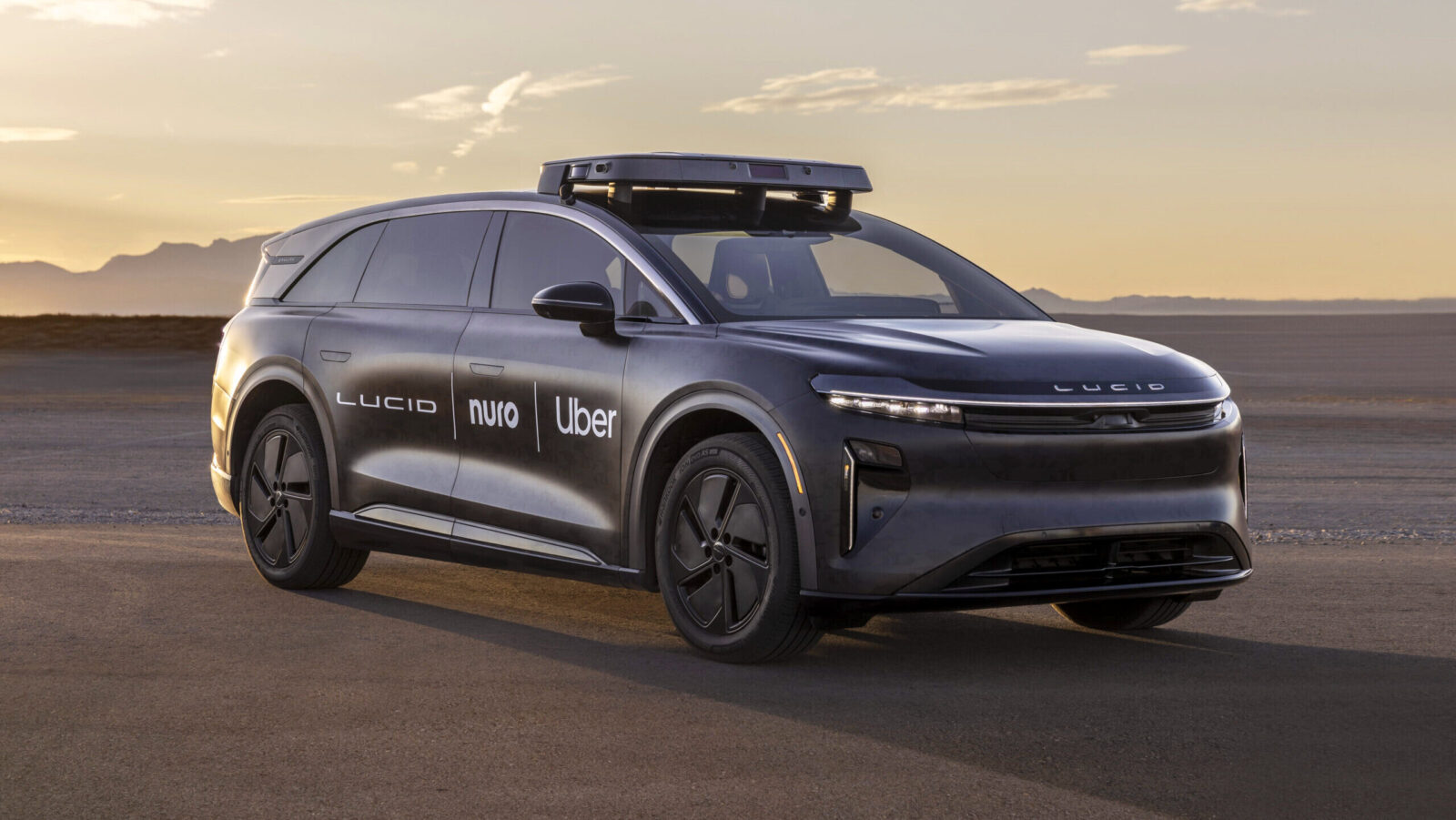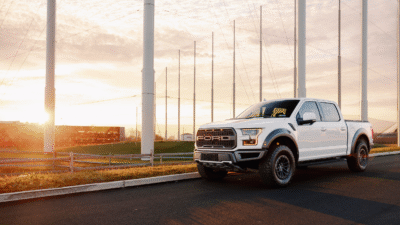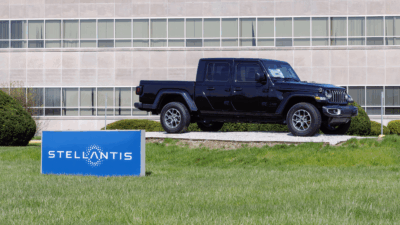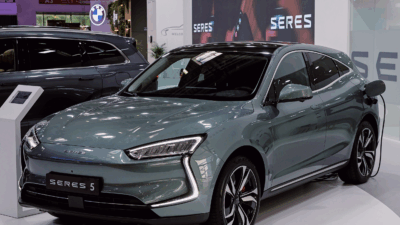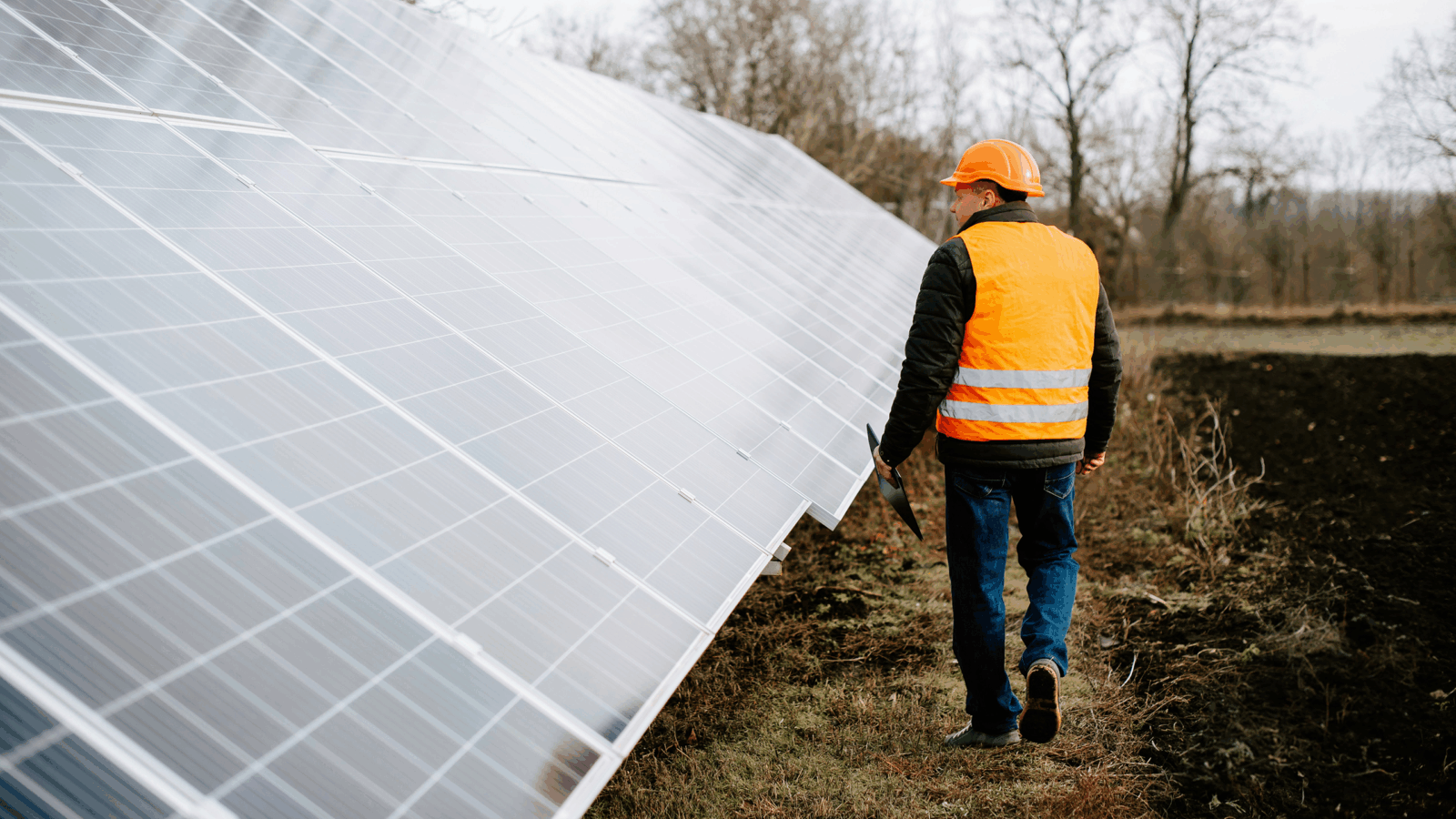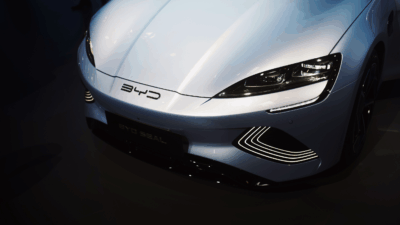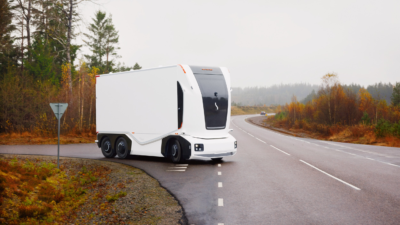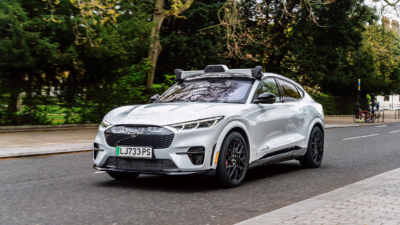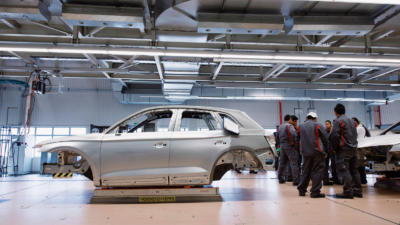Nikola’s Hydrogen Trucks Hit Production Snags
A shortage of pressurized fuel tanks and electric batteries has significantly disrupted production.
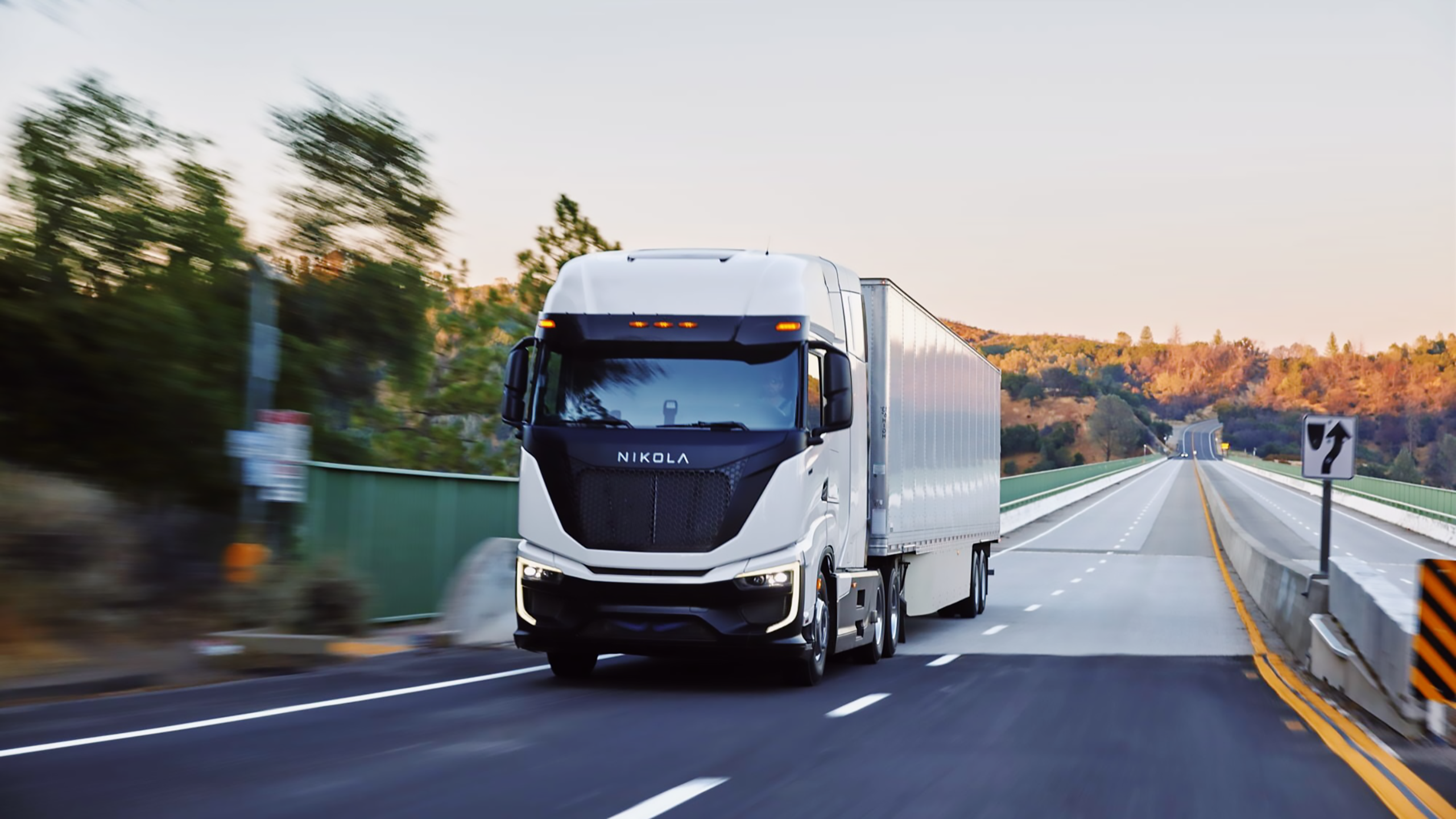
Sign up for smart news, insights, and analysis on the biggest financial stories of the day.
Maybe naming your company after one of the greatest inventors of all time set the bar a touch too high.
Nikola, the oft-bedeviled, legally challenged startup-turned-combustible-SPAC-star that’s long struggled to get its signature electric vehicles on the road, is now similarly flailing to manufacture its other alternative to gas-powered engine vehicles: hydrogen fuel cell big rig trucks, per a Wall Street Journal report published Wednesday.
Oh, the Humanity
Battery-powered EVs get all the spotlight, but some experts still see hydrogen fuel cell cars as the best carbon-free successor to internal combustion engine vehicles. That’s because hydrogen-powered cars can refuel far faster and have much better mileage than their battery-powered counterparts. The process of converting hydrogen into fuel also only has one byproduct: pure, clean H20.
The downside? They remain far more expensive than either traditional EVs or traditional diesel cars alike:
- Nikola executives said the cost to manufacture a single big rig in the fourth quarter was $679,000, while the company sold each truck at an average price of just $351,000 due to previous contracts; that’s as much as $150,000 more than a typical high-end gas-powered big rig.
- Worse for Nikola, a shortage of pressurized fuel tanks and electric batteries has significantly disrupted production, CEO Steve Girsky told the WSJ. The company expected to deliver up to 350 hydrogen-powered semi-trucks this year but has shipped only 35 through the first quarter.
Golden State Opportunity: The timing couldn’t be poorer for Nikola. Thanks to new regulation in California that significantly strengthens emissions standards, demand for carbon-free big rigs has soared. “Right now, California has got tailwinds,” Girsky said. “We could have sold a lot more than 35 trucks in the fourth quarter if we didn’t have supply-chain issues.” Then again, given Nikola’s battery-powered EVs have a penchant for spontaneous combustion, we shudder to think what could go wrong with hydrogen, a notoriously combustible element.
